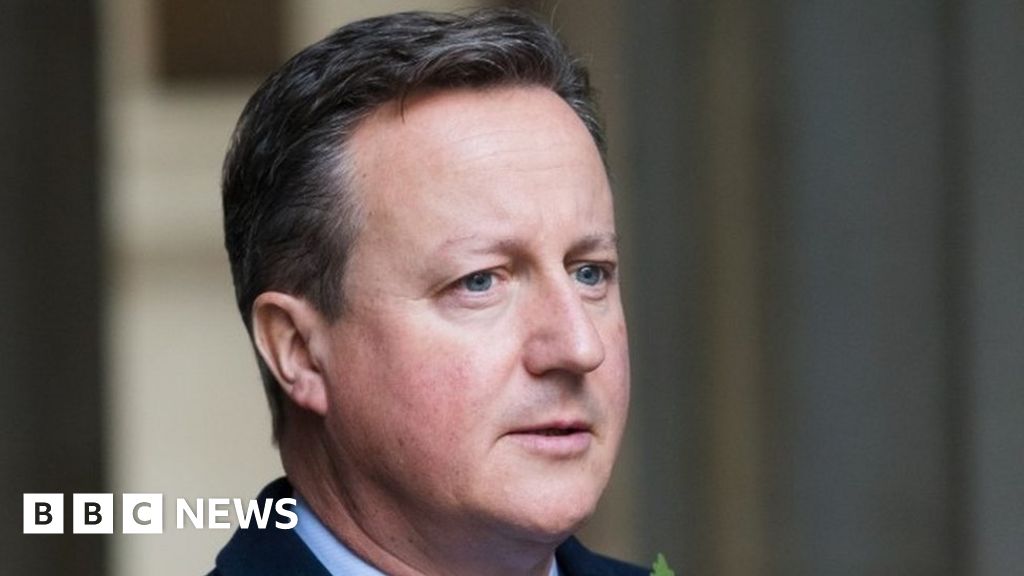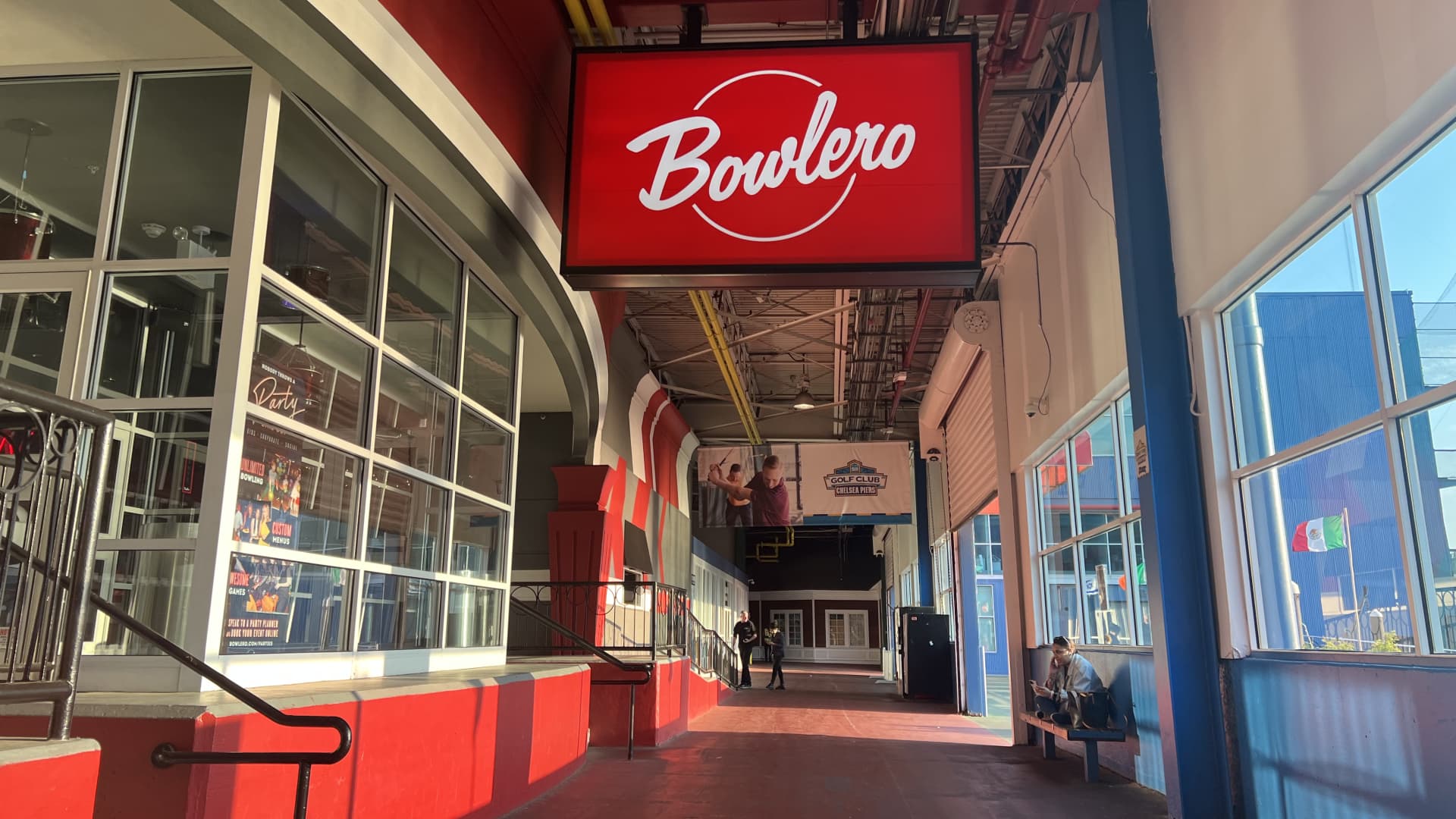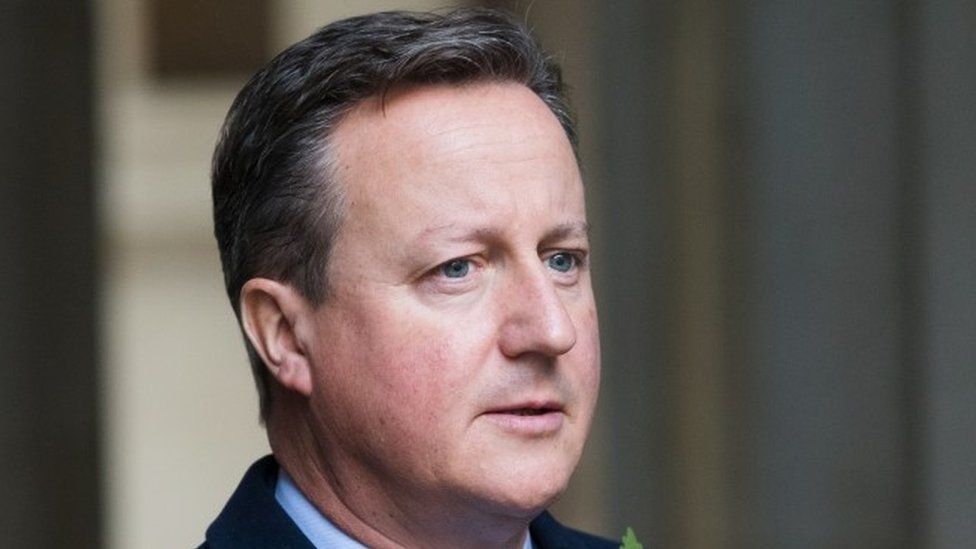
image copyrightEPA
Links between senior government figures and the finance company, Greensill Capital are to be investigated by MPs and official bodies.
Among those in the spotlight is former Prime Minister David Cameron, who has been criticised for lobbying ministers on behalf of Greensill, a company in which he had a commercial interest and which collapsed earlier this year.
David Cameron was prime minister from 2010 to 2016.
During this time, he appointed Lex Greensill as an unpaid adviser, and allowed him to develop a scheme that would ensure small firms were paid more quickly by government departments.
Mr Greensill’s company, Greensill Capital, benefited from this system – which is known as supply chain finance.
After leaving office, Mr Cameron was employed by Greensill Capital and tried unsuccessfully to lobby – in other words, to persuade the government – to give the firm more access to government-backed loans.
Mr Cameron contacted government ministers on several occasions:
- He texted Chancellor Rishi Sunak, asking for the company to be included in a Covid-related government loan scheme
- He also contacted Treasury ministers Jesse Norman and John Glen about the company
- He met Health Secretary Matt Hancock – along with Lex Greensill – for a “private drink” in 2019 to discuss a new payment scheme for NHS staff
Greensill Capital has now gone bust, throwing the future of thousands of workers at Liberty Steel, a company backed by the finance firm, into doubt.
Mr Cameron says he will “respond positively” to any requests to give evidence to the Treasury Select Committee.
However, this does not mean he will necessarily appear in person to answer MPs’ questions.
After weeks of silence, the former prime minister issued a statement defending his involvement with Lex Greensill and Greensill Capital.
He admitted he should have contacted the government “through only the most formal of channels” when lobbying for a financial firm.
But he denied that he broke any codes of conduct or any government rules on lobbying.
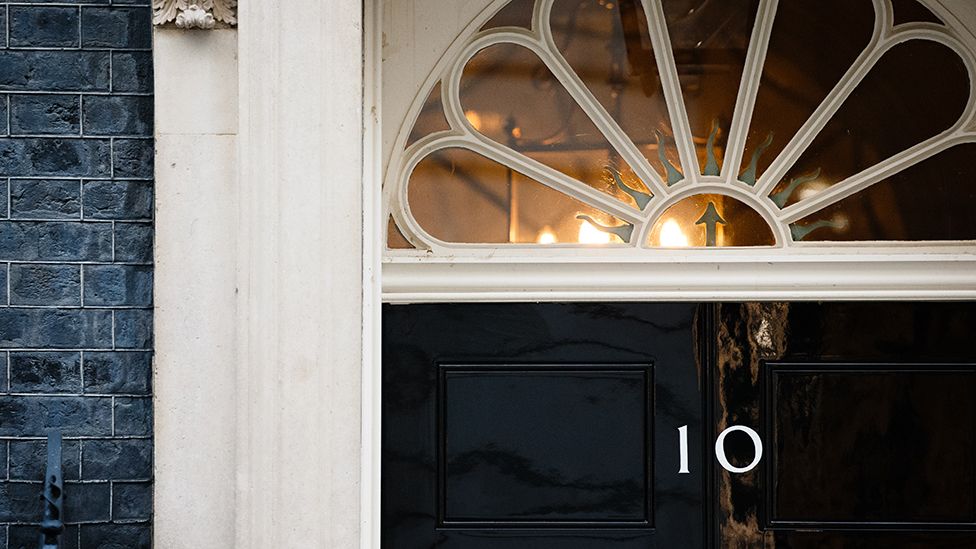
image copyrightGetty Images
The current rules state that “on leaving office, ministers will be prohibited from lobbying government for two years”.
Mr Cameron stood down as prime minister in July 2016 and joined Greensill in August 2018.
Before accepting new jobs, former ministers are supposed to inform a body called the Advisory Committee on Business Appointments (Acoba).
Acoba advises civil servants and politicians on what they can and can’t do after leaving public service.
However, although former ministers are required to contact Acoba, they are not obliged to act on its advice.
A Sunday Times investigation claims many in Whitehall had serious reservations about Mr Greensill’s original employment as a special adviser, and about the value of his early-payment scheme.
Mr Cameron’s statement does not specify how much he was paid when he went to work for Greensill Capital. He had shares in the company, but he denies claims that he told friends he was set to earn as much as £60m from them.
Nor does Mr Cameron declare whether he lobbied any other ministers.
It has been revealed that a senior civil servant took a part-time job as an adviser at Greensill Capital in 2015, while he was still on the civil service payroll.
Bill Crothers says his appointment was “agreed” by the Cabinet Office.
As a civil servant, Mr Crothers was not obliged to seek Acoba’s advice.
Acoba’s head, Lord Pickles, has told MPs the case highlights “a number of anomalies within the system that require… immediate address”.
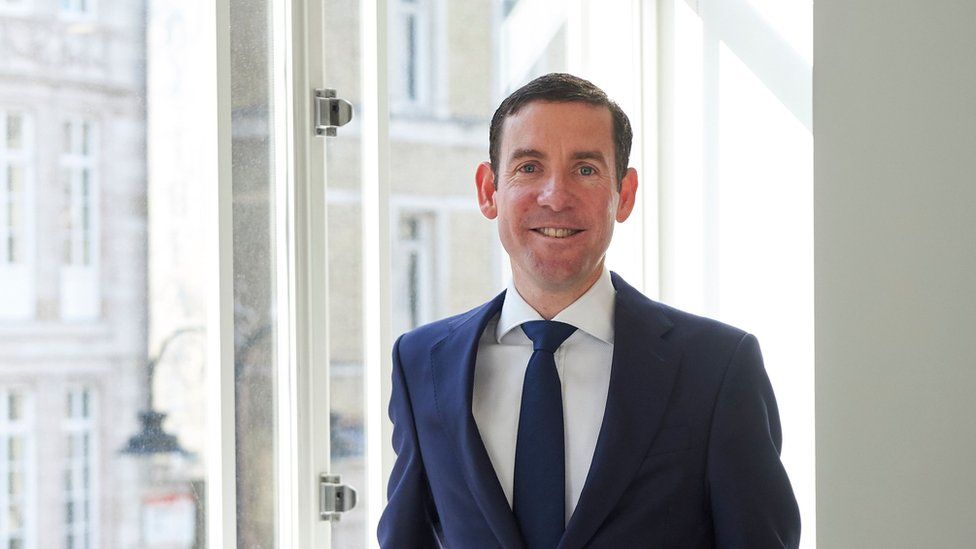
image copyrightShutterstock
The prime minister has announced a review into decisions made in government around Greensill’s finance scheme and the role of Lex Greensill.
It will be headed by government lawyer Nicholas Boardman and report back to Boris Johnson by the end of June. Downing Street says the review will look at “how contracts were secured and how business representatives engaged with government”.
Labour has criticised the scope of the review – which is not expected to have any legal powers.
Several other reviews are investigating matters related to lobbying and Greensill. Among them are:
- Treasury Select Committee inquiry into the “lessons” from the firm’s collapse, and “the appropriateness of HM Treasury’s response to lobbying”
- Public Accounts Committee inquiry into supply chain financing
- Public Administration and Constitutional Affairs Committee inquiry into “topical issues arising around Greensill”
- Civil Service second jobs review – all senior staff have been asked to disclose any second jobs or outside interests
- National Audit Office investigation into how Greensill Capital was allowed to offer government-backed loans during the pandemic

